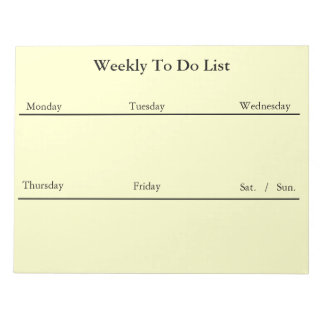But a recent Johns Hopkins study aims to turn this traditional notion on its ear.
After comparing the number of deaths in a population of more than 3,000 caregivers with the number of deaths in a population of the same number of non-caregivers, analysts came to a surprising conclusion: those who were taking care of an elderly loved one had an 18 percent decreased risk of dying, compared to their non-caregiving counterparts.
These results fly in the face of reams of previous research linking the physical and emotional strain of caregiving with a greater likelihood of illness and death.
"Taking care of a chronically ill person in your family is often associated with stress, and caregiving has been previously linked to increased mortality rates."" says David L. Roth, Ph.D., director of the Johns Hopkins University Center on Aging and Health, lead author of the paper.
A slew of studies lend credence to this bleaker picture of caregiver health: a 2003 investigation found women who were caring for a spouse nine or more hours each week had double the risk of heart disease; the Journal of the American Medical Association (JAMA) published a report that claimed highly-stressed spousal caregivers are 63 percent more likely to die than non-caregivers of their same age; and, as a population, family caregivers are also more likely to report lower-quality health and engage in fewer self-care behaviors.
Anyone who has taken on the role of family caregiver can attest to the myriad daily challenges such a job entails. Whether the position is adopted from a place of deep love, a sense of duty, or because no one else was willing to take up the mantle, a unique set of difficulties inevitably surface during each caregiver's journey.
Acknowledging this reality is an important step towards developing helpful coping and stress management skills, but could there also be value for caregivers in looking beyond the paradigm?
"Negative public health and media portrayals of the high risk of family caregiving may do a disservice by portraying caregiving as dangerous," says Roth. "In many cases, caregivers report receiving benefits of enhanced self-esteem, recognition and gratitude from their care recipients."
He mentions that there can be undeniable rewards of family caregiving, but only, "if highly stressful situations can be avoided or managed effectively."
The study admittedly has its limitations—specifically, a lack of knowledge of the types of care being provided, and how impaired the care recipients were.
Caregivers were also more likely to derive the aforementioned benefits if they were willingly looking after family members who were able to voice their gratitude about being cared for, according to Roth. Unfortunately, many adult children especially find themselves in the tricky position of taking care of parents they don't like. Time commitment also appears to play an important role—a 24/7 caregiver is less likely to encounter the positive health benefits of caregiving than someone who does not have to maintain a constant state of vigilance.
What do you think about this rosier portrayal of caregiving? Do these results surprise you? Is there a way to enable more caregivers experience the potential benefits of looking after a loved one?
 Dementia Signage for the Home
Dementia Signage for the Home
_____________________________
______________________________




No comments:
Post a Comment